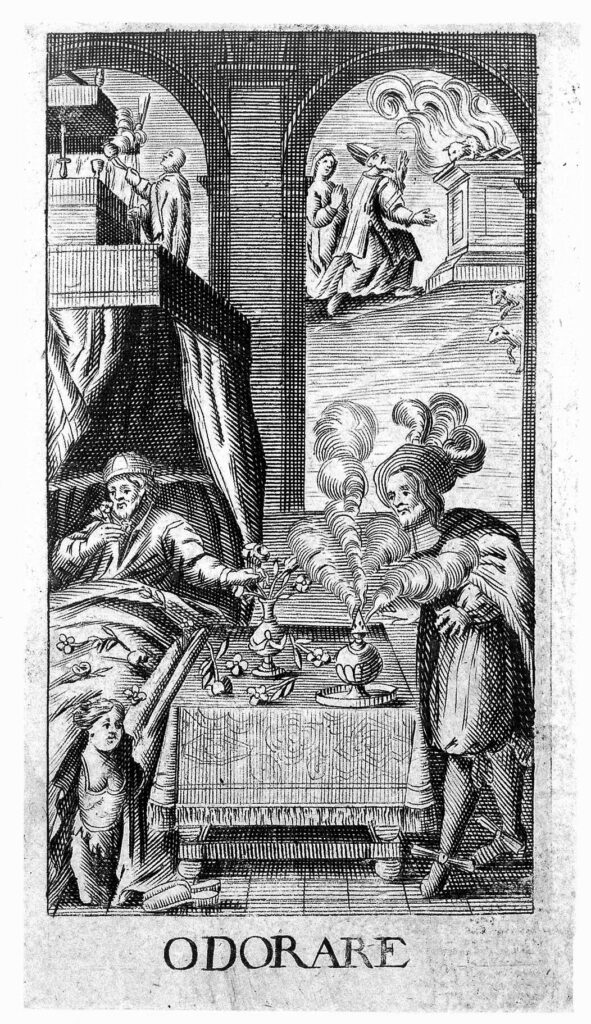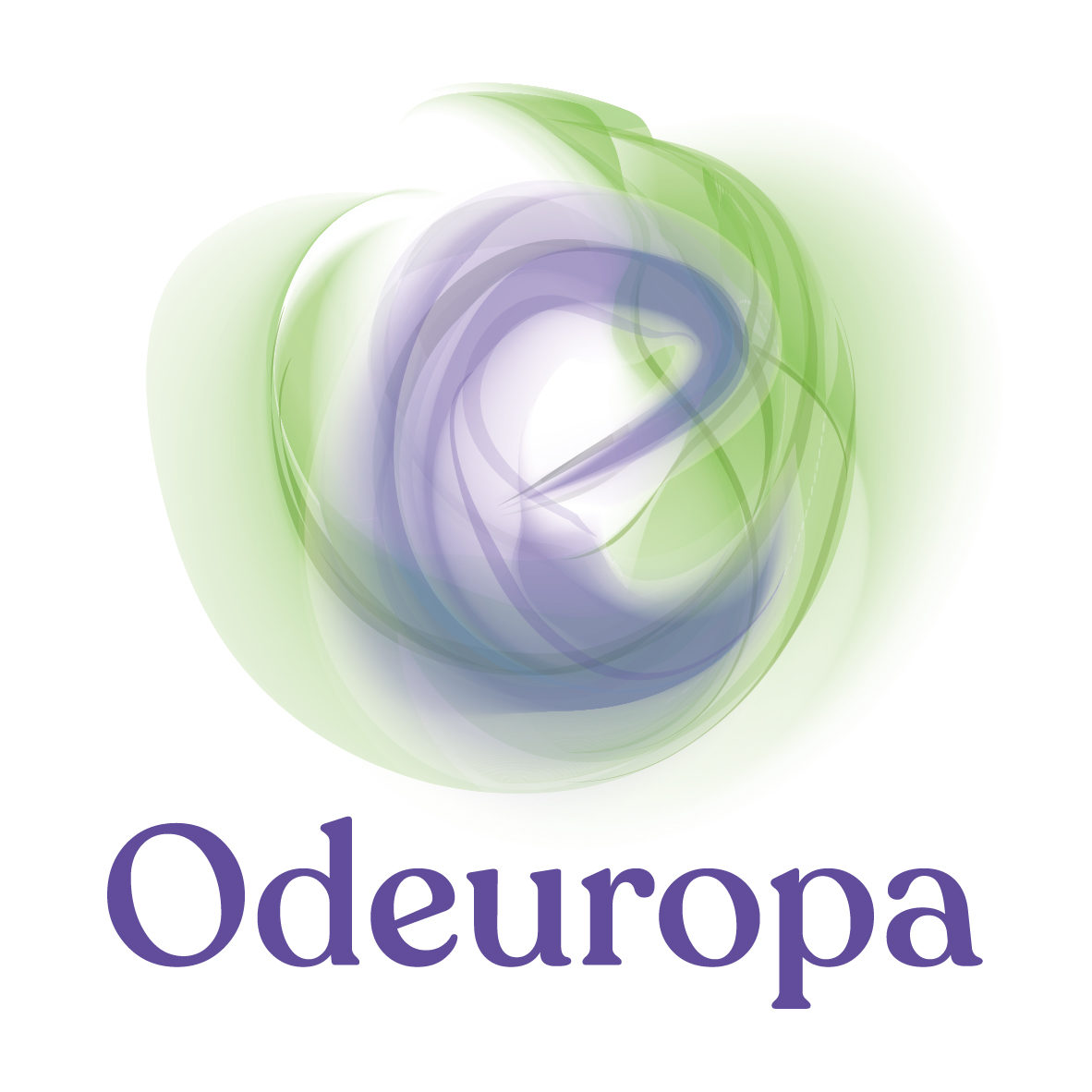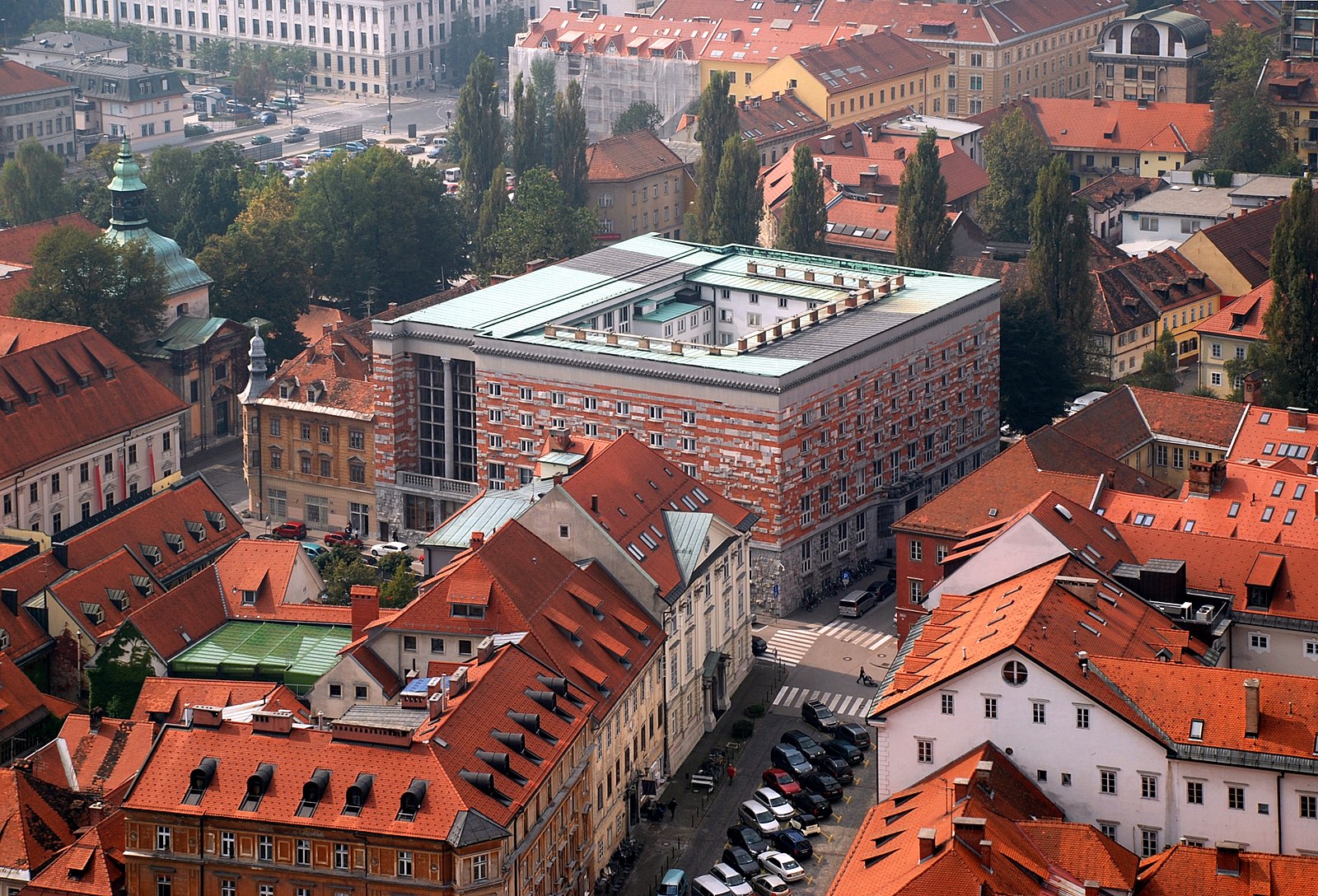
One of the exciting outputs of the Odeuropa project will be a free, publicly-available, Encyclopaedia of Smell History and Heritage. This will be composed of 120 ‘Entries’ written by smell-history, -culture, and -heritage experts and a series of 24 ‘Storylines’ that explore the links between smells and key themes over time.
In the first two years of the project, we have developed fantastic tools for identifying and collecting references to smell events in historical texts and images from the 1600s to the 1920s. We have gathered an extensive range of data available through our dedicated Smell Explorer (some 218903 text extracts and 4690 images, with more being added!).
It has now got to the point where we are beginning to write Entries and Storylines for the Encyclopaedia using this wide-ranging, multi-lingual, material. This is where we want to offer an opportunity to smell researchers interested in Europe’s smell history to get involved. There is a world of expertise on smell and its pasts out there (as testified to by our own PastScent group and the Odeuropa network). We want to draw on that expertise.
We are therefore asking for expressions of interest in writing an Entry for the Encyclopaedia. We are particularly looking for entries on smells (e.g gunpowder; civet; smog), smellscapes/places (e.g coffee-houses; gas-works; ships), emotional responses to smells (e.g disgust, fear, nostalgia) and noses/olfactory expertise (e.g apothecaries; sanitarians; artists). Each entry can be between 2,000-5,000 words long and will also incorporate multiple images.
We have an existing list of potential entries but are also open to ideas for entries based on researchers’ expertise and what they can find in our data. The only stipulation is that the entries should look at the period between 1600 to 1925 (or a period within it), that they should focus on Europe (or a place within it, including its global connections), and that they should draw (though not exclusively) on the data in the Odeuropa Smell Explorer.
All entries will be reviewed by two other researchers and the projected timeline from commissioning an entry to the final draft is expected to be 2-3 months. The Encyclopaedia will be published online in late 2023 near the end of the Odeuropa project. If you are interested in writing for the Encyclopaedia then please email will.tullett@york.ac.uk, who can share a sample entry, an entry-writing form, and a list of suggested entries. If you have any questions, please do not hesitate to email him!

